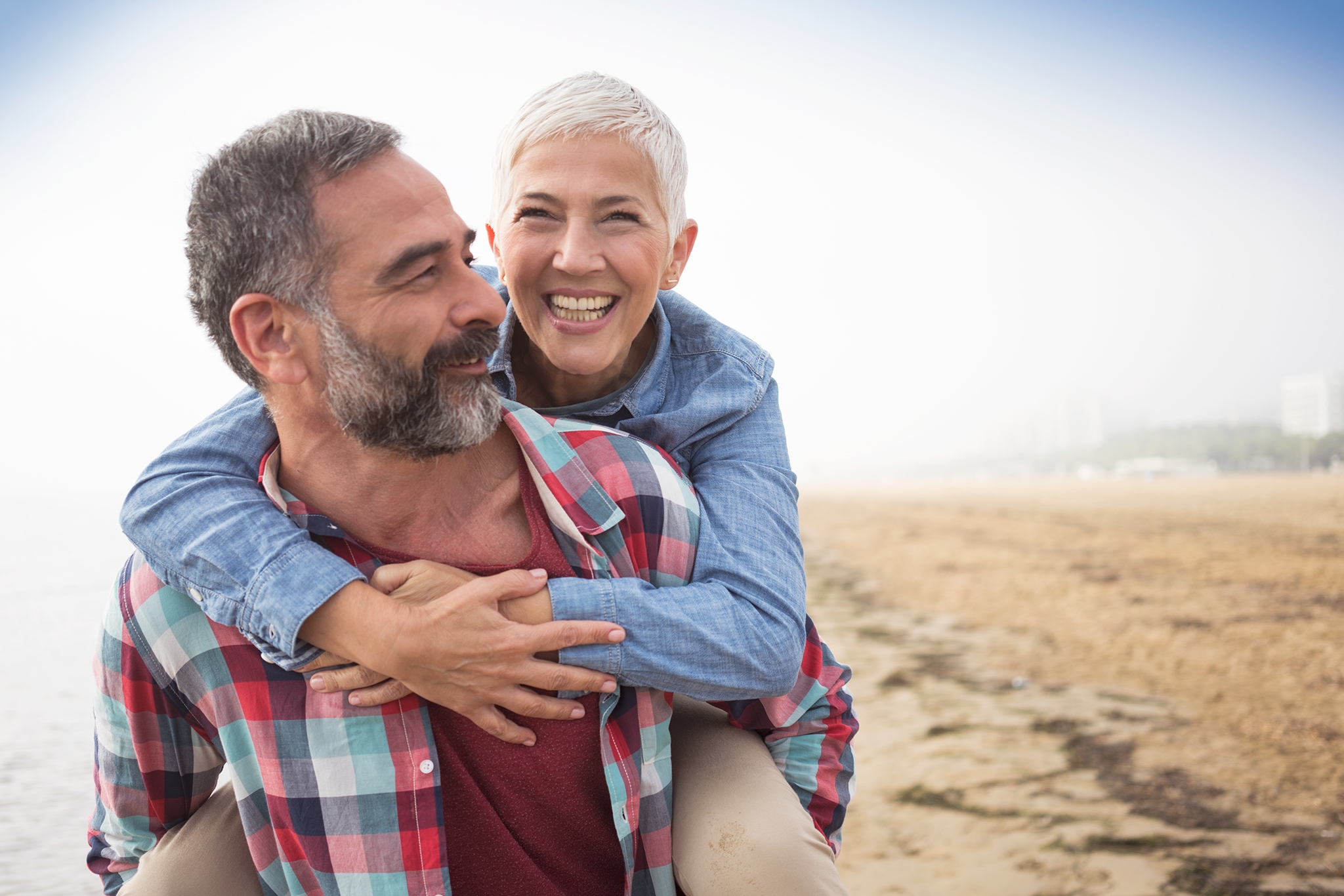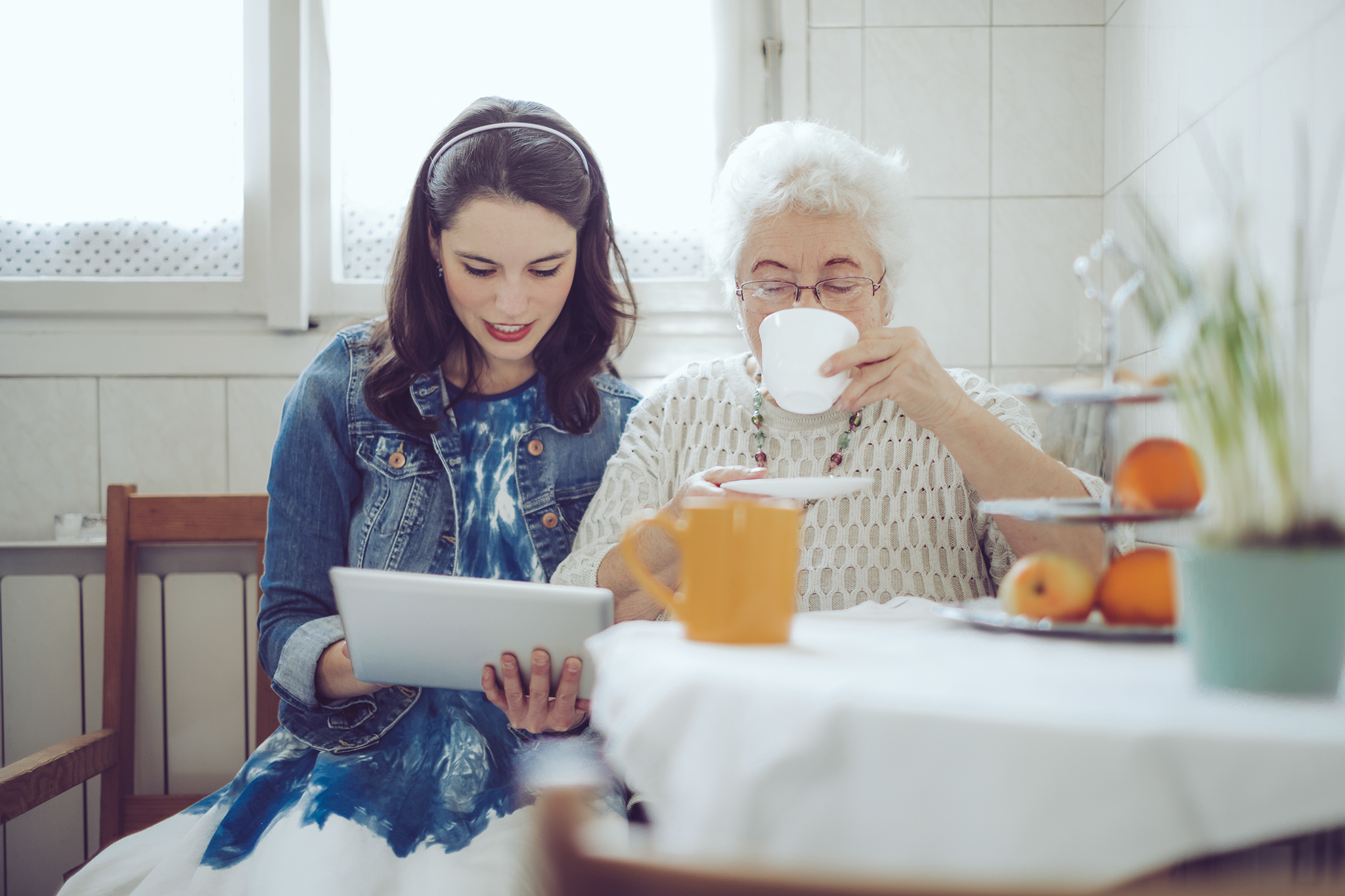Cancer prevention
How to reduce your risk from cancer through diet and lifestyle
6 minute read
Cancer treatment and recovery from treatment and its side effects can be challenging. There are no proven ways to totally prevent cancer but making diet and healthy lifestyle changes can help reduce your risk from getting cancer in the future. The following practical recommendations are based on the latest scientific research and can be followed by you and your loved ones, to help you live a healthy lifestyle and reduce your risk from getting cancer.
Stop smoking
The association between smoking and cancer is well known and the best thing you can do to reduce your risk from cancer and improve your overall health is to stop smoking.
Be a healthy weight
Keep your weight within a healthy range and avoid weight gain in later life.
There is strong evidence that being overweight or obese increases your risk from cancer. Body mass index (BMI) is a measure of how healthy your weight is for your height and you should aim to have a BMI between 18 – 24.9 kgm2.
Move more to be more physically active
Being more active can help reduce your risk from cancer and weight gain.
Try to be active for at least 150 minutes a week and this can either be 150 minutes of moderate activity or 75 minutes of vigorous activity a week.
Moderate activity makes you feel warmer and breathe faster, but you should still be able to talk, and includes:
- Brisk walking
- Cycling
- Household chores
- Gardening
- Swimming
- Dancing
Vigorous activity that raises your heart rate and makes you sweat and out of breath
- Running
- Aerobics
- Fast cycling
- Team sports
Eat a healthy diet
Wholegrains, fruit, vegetables and pulses should be part of your daily diet.
These foods not only protect against certain cancers but also reduce your chances of weight gain. They tend to be lower in calories, high in nutrients and fibre. Pulses include lentils, peas and beans and these are also a good source of protein and fibre.
Grains and cereals include rice, pasta, oats, breads, noodles, couscous and cereals. Try to choose whole grain versions where you can as this will maximise your fibre intake and give you more health benefits.
- Aim to have at least 30g fibre a day from food
- Include food containing wholegrains, vegetables, fruit and pulses in most meals
- Aim for at least 5 portions of fruit or vegetables a day and these can be fresh, frozen, dried, tinned or juiced.
Eating healthier doesn’t need to involve significant sudden changes. Instead, you can slowly change your diet to suit you. Every small step helps!
Avoid high calorie foods
Limit your consumption of fast foods and other processed foods high in fat and sugar. Eating food high in calories can lead to unhealthy weight gain and increase your risk from cancer.
- High calorie foods
- Chocolate and sweets
- Crisps
- Biscuits
- Cake
- Ice cream
- Fast food
- Pastries
Limit consumption of red meat and processed meat
Diets high in red meat and processed meat increase your risk of bowel cancer. Red meat includes beef, lamb, mutton, pork and goat.
Processed meats like sausages, chorizo, ham, bacon, salami, corned beef and hot dogs are usually red meats and contain nitrates which are linked to an increased risk of cancer. They are often high in calories and fat which can also lead to weight gain.
- Aim to eat no more than three portions of red meat a week and minimise your intake of processed meat
- 3 portions of meat is the equivalent of approximately 350-550g cooked weight
- Fish and poultry are good alternatives to red meat
Limit your intake of sugar sweetened drinks
There is strong evidence that a high intake of sugar sweetened drinks can lead to weight gain and therefore increase your risk from cancer. Artificially sweetened drinks are also linked to cancer, so it's best to avoid these or keep them to a minimum.
Try to choose:
- Water
- Tea or coffee without sugar/sweeteners
- Diluted fruit juice
- Herbal or fruit teas
Limit alcohol consumption
To reduce your risk from cancer as much as possible it's best not to drink alcohol at all. If you do wish to drink, then it’s recommended you limit alcohol to no more than 14 units a week spread over 3 days
What is a unit?
- One pint of normal strength beer, lager or cider is 2 units
- 125 ml glass of wine is 1.5 units
- 25 ml measure of spirit such as gin or whisky is 1 unit
Do not use supplements for cancer prevention
High dose dietary supplements are not recommended for cancer prevention.
There is strong evidence that high dose beta carotene may increase risk from lung cancer.
It is best to meet your nutritional needs from diet alone. If you’re worried about your vitamin levels, you can speak to your GP or your oncologist at GenesisCare who will guide you on the best steps to address your concerns.
Protect your skin from sun damage
Taking care so that you don’t get burnt is important in preventing skin cancer.
- Spend time in the shade between 11am – 3pm
- Make sure you don’t get burned
- Cover up with a t-shirt, hat and sunglasses
- Use sunscreen with a sun protection factor (SPF) of at least 15
What should I do if I’m worried about cancer recurrence?
If you’ve gone through cancer treatment before, it’s natural to worry about every unusual ache or pain you may have. You should speak with your GP or cancer care team, and they’ll be able to give you a list of the common signs of recurrence for your type of cancer.
It can be hard not to worry about your cancer returning. However, if you feel that these worries are overwhelming or affecting your quality of life, you can always reach out to us. We have partnered with the cancer charity Penny Brohn UK. They may have helped you during treatment, and they’re also there for you after treatment. They can help you find support groups and offer further guidance on diet and exercise.
While making healthier choices is always good for you, there is, unfortunately, no guaranteed way to prevent cancer recurrence. So it’s important that you follow your oncology care team’s advice, attend regular follow-up appointments, and keep an eye out for any signs of recurrence. If you have any worries or concerns, don’t hesitate to reach out to us or your GP for advice.
Please remember that before making any significant changes to your diet or lifestyle, speak to your cancer care team or GP for advice and guidance. We’re always here for you and happy to support you even after your cancer treatment has ended.
Contact us today
If you’re concerned or want to speak to us, call us on the number below.

